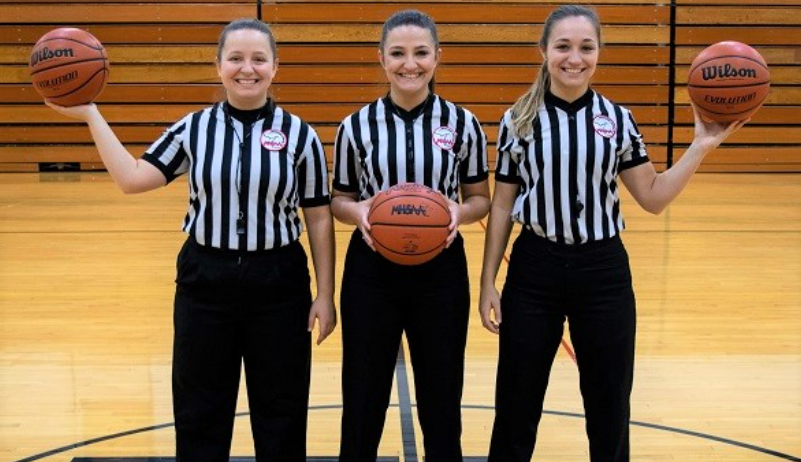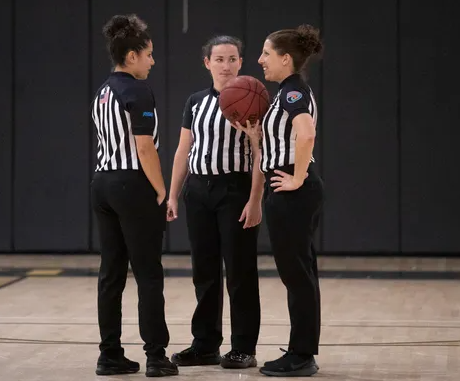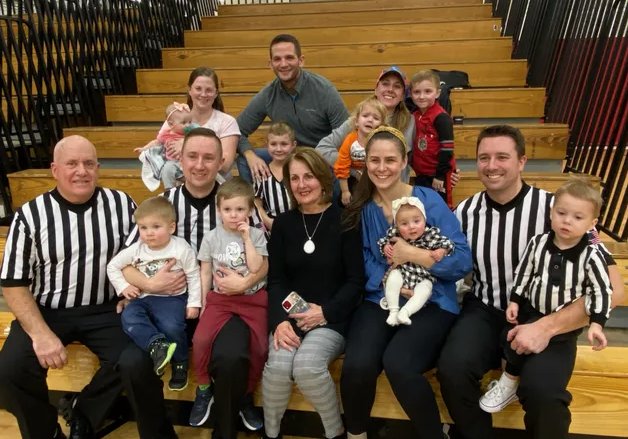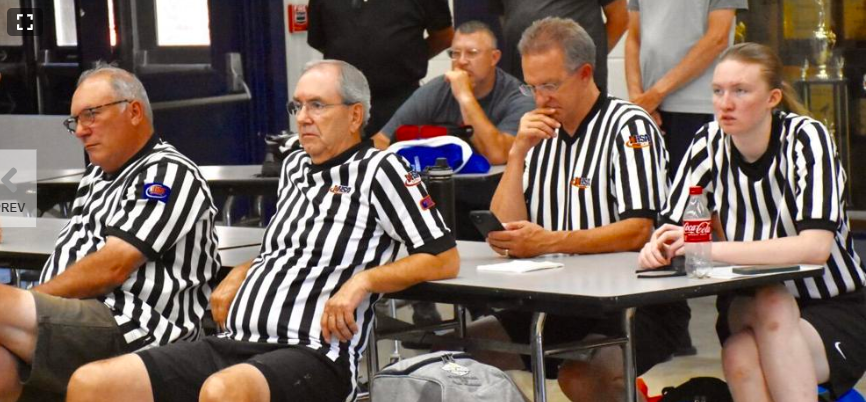
While talent certainly plays a role in many aspects of life, becoming a successful basketball referee requires much more than just natural ability. While having a good understanding of the game's rules and mechanics is essential, traits like communication skills, decision-making under pressure, and conflict resolution abilities are equally important.
Refereeing basketball is about more than just making calls; it's about maintaining control of the game, earning the respect of players and coaches, and ensuring fair play for all involved. This often requires patience, resilience, and a willingness to continuously learn and improve.
Therefore, while talent can be a helpful starting point, it's dedication, hard work, and a commitment to honing your craft that ultimately determine success as a basketball referee. So, if you're passionate about the game and willing to put in the effort, there's no reason why you can't excel in this challenging yet rewarding role.






 Peer-to-peer groups offer both advantages and disadvantages for aspiring basketball referees. One advantage is the opportunity for networking and camaraderie among fellow referees, fostering a supportive community where experiences and insights can be shared. These groups provide a platform for learning from others' experiences, gaining valuable advice, and discussing challenging situations on the court.
Peer-to-peer groups offer both advantages and disadvantages for aspiring basketball referees. One advantage is the opportunity for networking and camaraderie among fellow referees, fostering a supportive community where experiences and insights can be shared. These groups provide a platform for learning from others' experiences, gaining valuable advice, and discussing challenging situations on the court.


